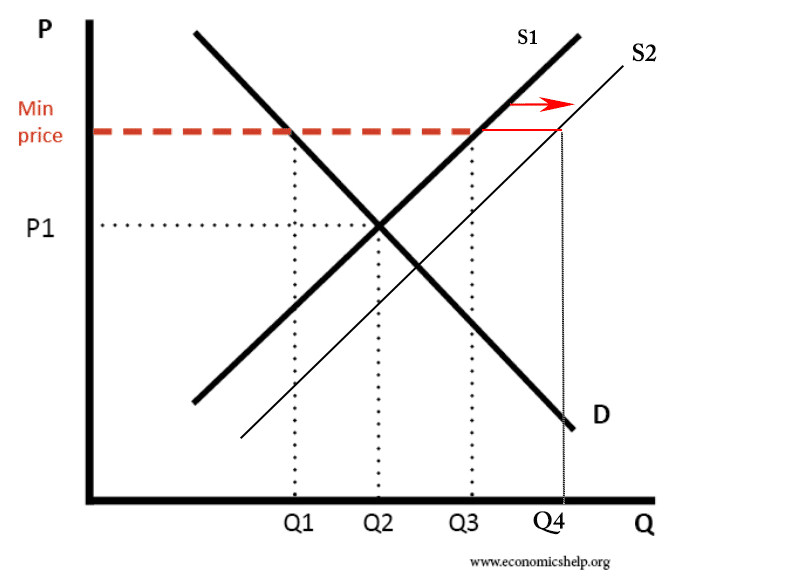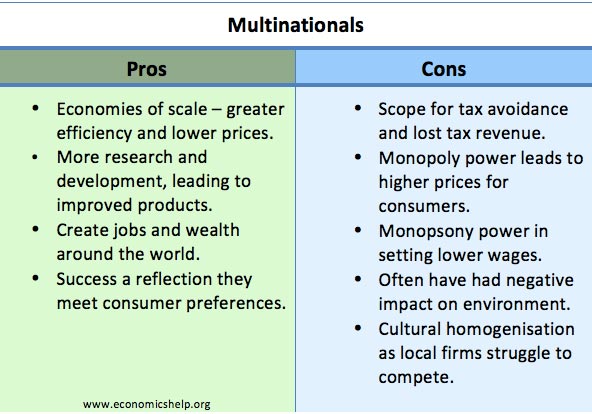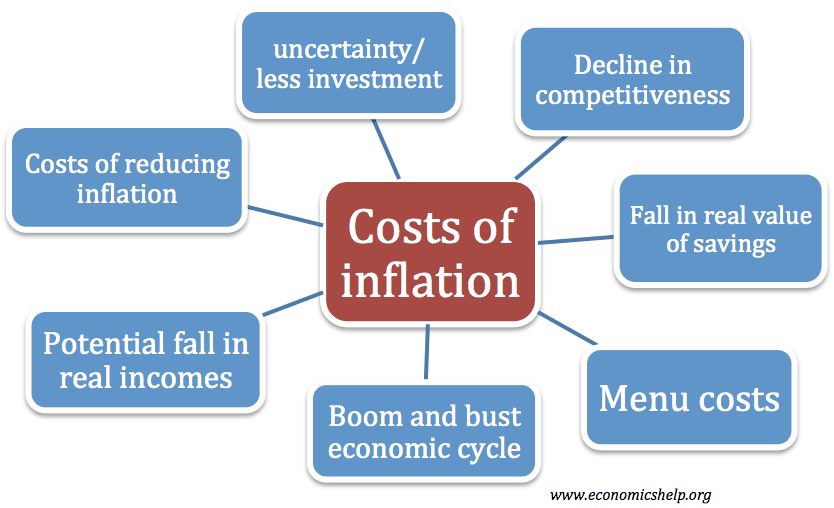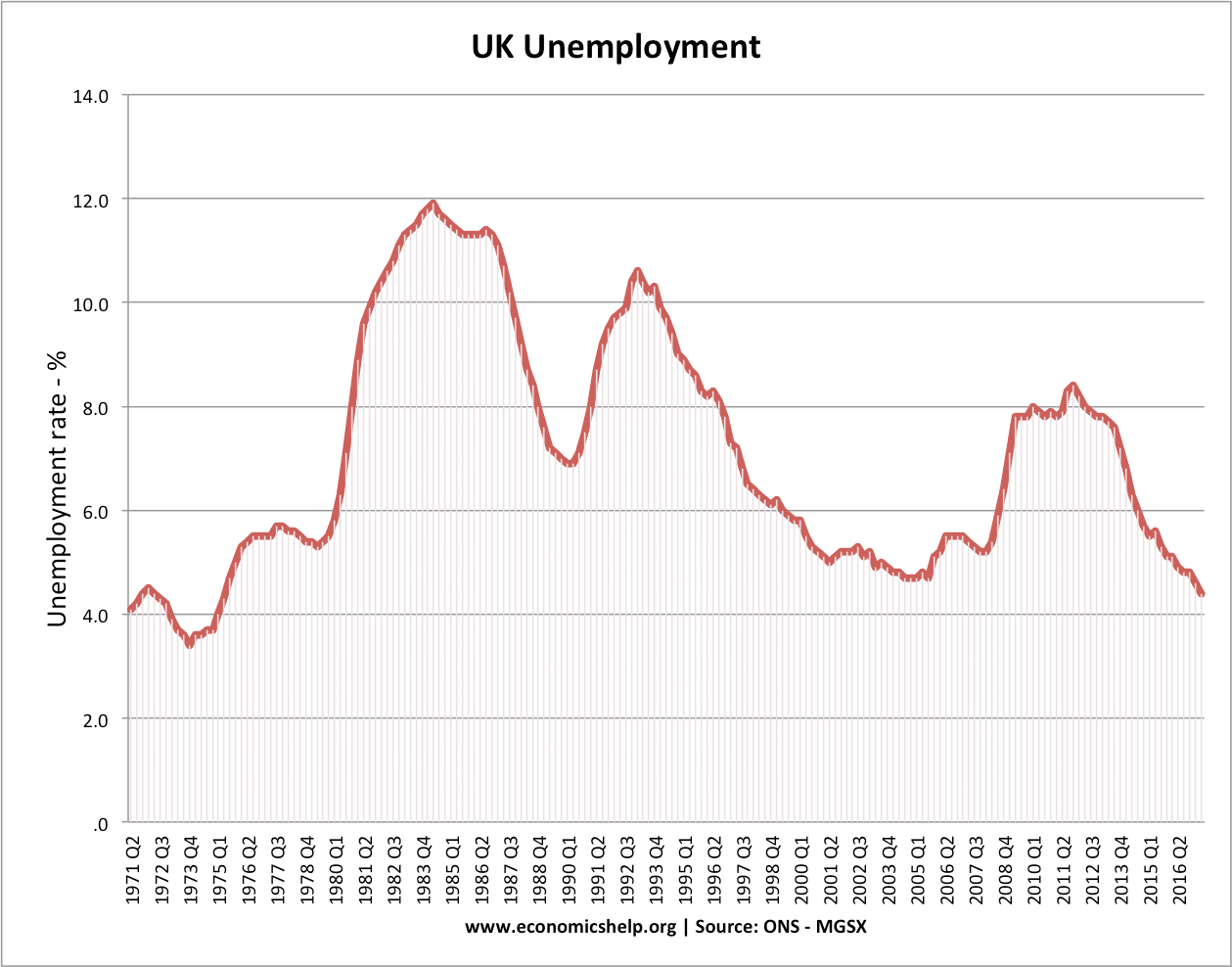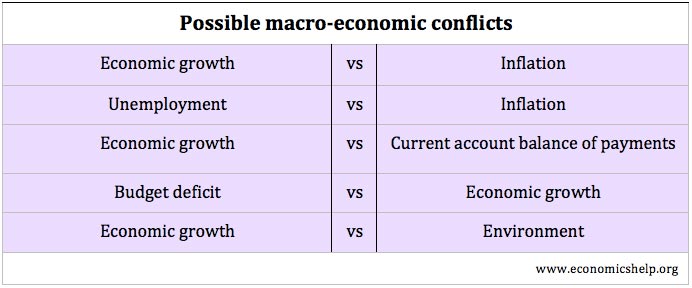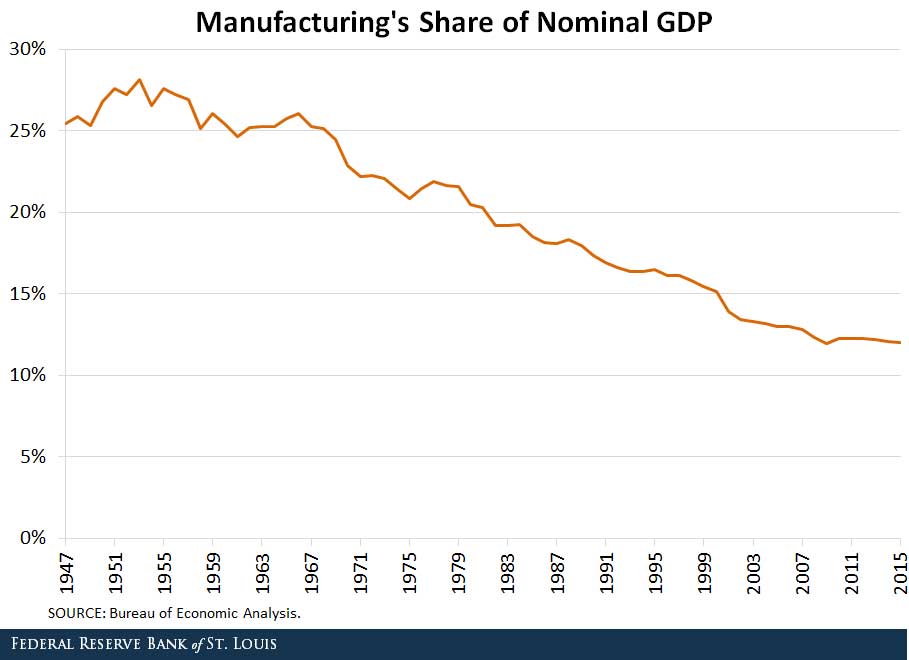Subsidies vs Minimum Prices for farmers
Readers question: Are subsidies more effective than minimum prices when supporting farmers? Subsidies involve governments giving money direct to farmers. A minimum price is when the government ensures a legal price that prices cannot fall below that level. Minimum prices will increase incomes for farmers. Farming can see volatile prices because supply can vary and …

